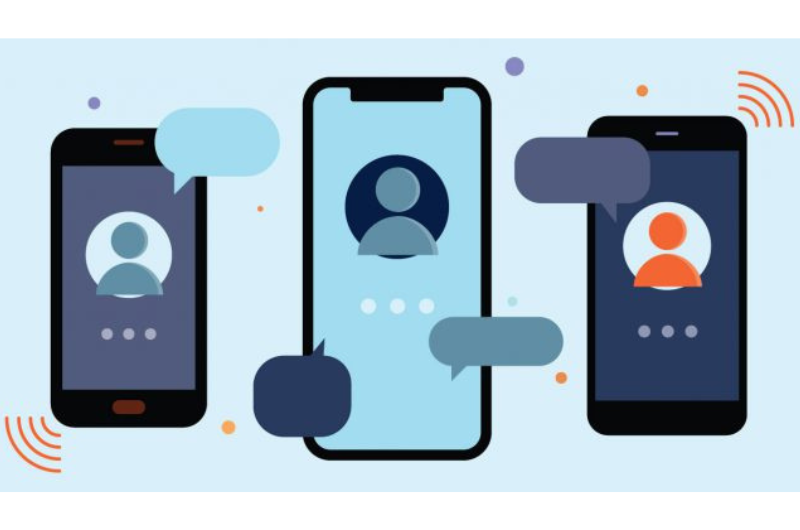


This past December, the Federal Communications Commission (FCC) adopted rules intended to close the so-called “lead generator loophole” in the Telephone Consumer Protection Act (TCPA). According to the FCC, “lead-generated communications are a large percentage of unwanted calls and texts” received by consumers.
To close this “loophole,” the FCC amended the definition of “prior express written consent” to “make it unequivocally clear” that lead generators and comparison-shopping websites (that generate a lead for a “seller”) must obtain a consumer’s consent to receive “robocalls” and “robotexts” (i.e., sent utilizing an autodialer, or artificial or prerecorded voice) “one seller at a time,” rather than having a single blanket consent applicable to multiple sellers at once. The rules were published in the Federal Register on January 26, 2024, with a delayed effective date of January 27, 2025, for the “one-to-one consent requirement.”
The amended definition of “prior express written consent” reads as follows:
“The term prior express written consent means an agreement, in writing, that bears the signature of the person called that clearly and conspicuously authorizes no more than one identified seller to deliver or cause to be delivered the person called advertisements or telemarketing messages using an automatic telephone dialing system or made using an artificial or prerecorded voice. Calls and texts must be logically and topically associated with the interaction that prompted the consent and the agreement must identify the telephone number to which the signatory authorizes such advertisements or telemarking messages to be delivered.” – 47 C.F.R. Sec. 64.1200(f)(9), as amended.
The one-to-one consent must be in response to a “clear and conspicuous” disclosure to the consumer, and the content of the robocalls/texts must be “logically and topically associated with” the website where the consumer gave consent. For example, a consumer giving consent on a car loan comparison shopping website does not consent to get robotexts or robocalls about loan consolidation.
What does this look like in practical terms? According to the FCC, the rule does not prohibit comparison-shopping websites from obtaining leads through valid consent and “provides multiple opportunities for responsible comparison-shopping websites to obtain leads for potential callers.” For example, a comparison-shopping website may offer a check box list that allows the consumer to specifically choose each individual business that they wish to hear from; or a click-through link to a specific business so that the business itself may gather express written consent from the consumer directly.
The compliance burden will be on the caller/texter to prove that they have consent that satisfies the FCC’s amended TCPA regulations – not the lead generator website. Therefore, credit unions using these services (web-based or otherwise) should ensure that vendors are updating their policies, procedures, practices, and agreements to comply with the new requirements by next January’s effective date.
Other Amendments
In this rulemaking, the FCC also:
The final rule is effective March 26, 2024. However, the “one-to-one consent” requirement will not be effective until January 27, 2025. The amendments related to wireless carriers and text blocking are delayed until July 24, 2024, to allow providers additional time to comply.
For more information, click here to read the rule in its entirety.
Access the ‘Compliance Hotline’
Your League-member benefits include the Compliance Hotline — providing exclusive access to dedicated compliance experts:
Using the above phone number and email address, you can gain access to a knowledgeable team that’s ready to address all your credit union’s compliance inquiries — promptly and efficiently. With the Compliance Hotline, you can proactively respond to impromptu questions and issues by getting clarity and insight on technical topics that normally slow you down. We want to help you unlock the full potential of your League membership by leveraging the resources and support you need to navigate the complex world of compliance effortlessly. We’re ALWAYS just a phone call or email away!
Additionally, other League-member compliance resources include:
For more information, email Lisa Quaranta.
Powered by ViClarity, a California and Nevada Credit Union Leagues company.
2855 East Guasti Rd., Suite 202
Ontario, CA 91761
909.212.6000
1201 K. St., Suite 1050
Sacramento, CA 95814-3992
916.325.1360
c/o Great Basin FCU
9770 South Virginia Street
Reno, NV 89511-5941
202.638.5777 www.cuna.org
www.dfpi.ca.gov
Clothilde “Cloey” V. Hewlett — 415.263.8500
fid.state.nv.us
702.486.4120 (Las Vegas)
775.684.2970 (Carson City)